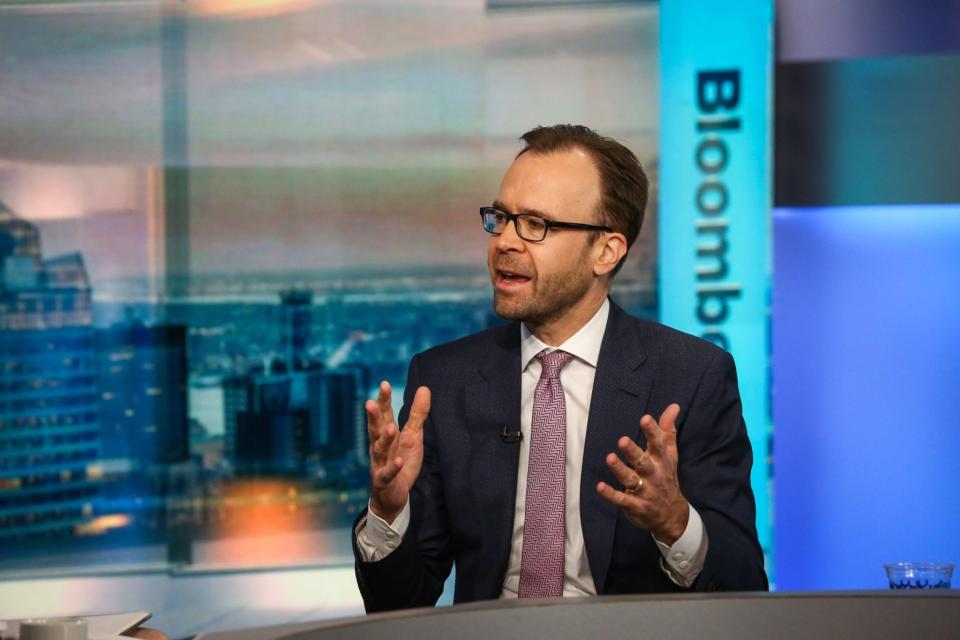Goldman Sachs’ chief economist says the market may be getting ahead of itself on rate cuts—and decreases won’t come as soon as people hope

After a period of painful rate hikes, it's inevitable that analysts and consumers alike are searching for light at the end of the tunnel—or in this case, a reduction in the base rate.
So while Jerome Powell and the rest of the Fed are expected to continue to hold rates at a 22-year high, experts are also looking down the line at when this tax rate is likely to begin to drop.
Unfortunately, some people on Wall Street have got ahead of themselves on when that might happen, and are planning for a reduction before it's realistic. That's according to Jan Hatzius, chief economist at Goldman Sachs, which overall has a very positive outlook for 2024.
Goldman is expecting Powell to announce a rate cut from Q3 2024, pulling forward its previous prediction that this would happen by Q4 next year.
However, Hatzius dismissed calls saying the move could come as early as March of next year, saying that analysts making this prediction were getting ahead of themselves.
When asked if the market got "ahead of itself" on pricing rate cuts in 2024 Hatzius agreed: "a little bit." "The market is looking for cuts pretty early," he told CNBC's Squawk on the Street. "March at this point is half-priced, and I think a lot would have to happen for them to go that soon."
According to a survey of 40 economists, conducted by the Financial Times in partnership with the Kent A. Clark Center for Global Markets at the University of Chicago Booth School of Business, 5% of economists predict a rate cut in Q1 2024 while 33% hoped it would be by Q2—both ahead of Goldman's position.
A further 33% are of the same mindset as the Wall Street titan—that rates will come down in Q3 next year—while 15% said rates wouldn't come down until at least 2025.
Hatzius added that Goldman's position could change: "The key thing is, though, from a broader perspective, is that they can cut if the economy were to see more of a slowdown than we expect. Then the Fed could cut and could provide some support. That means the risk of recession is, in my view, quite low. We're at 15% in the next 12 months."
As a result a cut in the second half of the year is "more realistic" than the first half, Hatzius added, but reasoned: "It's going to depend on the data and [the Fed] could respond to a slowdown more quickly. Or if inflation comes down even more quickly to the target than what we have in our forecast, then they could also go somewhat earlier."
'A very friendly report'
The optimistic outlook of some on the street may have been further buoyed by a better-than-expected November jobs report from the Labor Department released Friday.
The report had some sunny headlines: Nonfarm payrolls (employees excluding farm workers, private household employees, serving military personnel, and nonprofit organization employees) rose by 199,000, unemployment was down to 3.7%—ahead of the 3.9% predicted—and labor force participation inched up to 62.8%.
Hatzius agreed the report was promising, saying: "Overall I think it's a very friendly report and takes away any concerns that the household survey is weakening…that's reassuring.
"I'm not sure about any forecast because it is a forecast after all, but I do think if you look at the different wage indicators, things are gradually coming down to something more sustainable."
This story was originally featured on Fortune.com

 Yahoo Finance
Yahoo Finance 